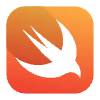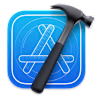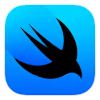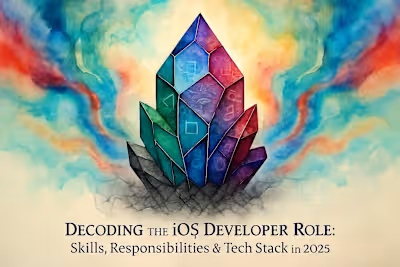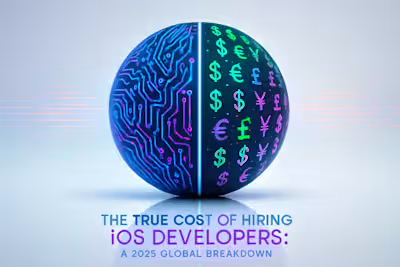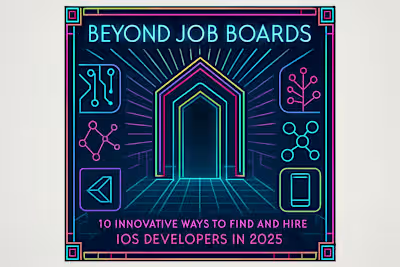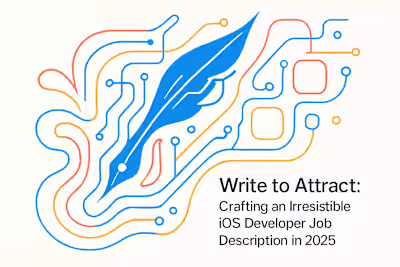Unlock Top Talent: 30+ Must-Ask Interview Questions for iOS Developers (2025 Update)
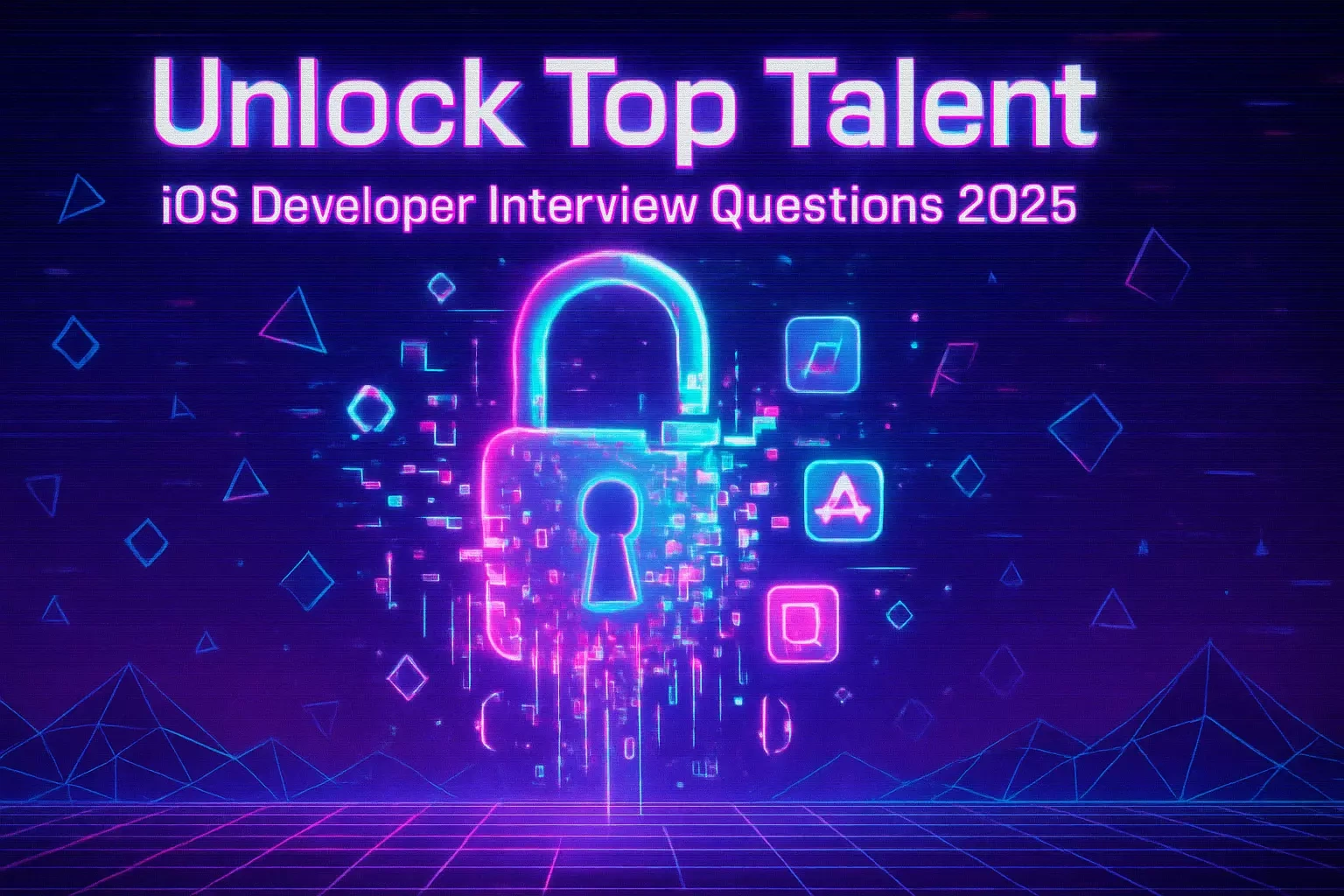
Unlock Top Talent: 30+ Must-Ask Interview Questions for iOS Developers (2025 Update)
Preparing for the iOS Developer Interview
Defining Your Needs: Skills and Experience Levels
Structuring the Interview Process
Creating a Consistent Evaluation Rubric
Technical Interview Questions for iOS Developers
Swift Programming Language
Objective-C (if applicable)
iOS Frameworks (UIKit, SwiftUI, Core Data, etc.)
Architecture and Design Patterns
Concurrency and Asynchronous Operations
Testing and Debugging
Version Control (Git)
API Integration and Networking
Behavioral and Situational Questions
Problem-Solving and Decision-Making
Teamwork and Collaboration
Adaptability and Learning
Past Projects and Experience
Coding Challenges and Practical Exercises
Live Coding Exercises
Take-Home Assignments
Code Review Simulation
Questions to Ask Senior vs. Junior iOS Developers
Focus for Junior Developers
Focus for Senior Developers
Red Flags to Watch Out For
Inability to Explain Concepts Clearly
Lack of Curiosity or Passion
Poor Problem-Solving Approach
Vague Answers About Past Experience
Conclusion: Selecting the Best iOS Developer
References
Unlock Top Talent: 30+ Must-Ask Interview Questions for iOS Developers (2025 Update)
Preparing for the iOS Developer Interview
Defining Your Needs: Skills and Experience Levels
Structuring the Interview Process
Creating a Consistent Evaluation Rubric
Technical Interview Questions for iOS Developers
Swift Programming Language
Objective-C (if applicable)
iOS Frameworks (UIKit, SwiftUI, Core Data, etc.)
Architecture and Design Patterns
Concurrency and Asynchronous Operations
Testing and Debugging
Version Control (Git)
API Integration and Networking
Behavioral and Situational Questions
Problem-Solving and Decision-Making
Teamwork and Collaboration
Adaptability and Learning
Past Projects and Experience
Coding Challenges and Practical Exercises
Live Coding Exercises
Take-Home Assignments
Code Review Simulation
Questions to Ask Senior vs. Junior iOS Developers
Focus for Junior Developers
Focus for Senior Developers
Red Flags to Watch Out For
Inability to Explain Concepts Clearly
Lack of Curiosity or Passion
Poor Problem-Solving Approach
Vague Answers About Past Experience
Conclusion: Selecting the Best iOS Developer
References
Posted Jun 12, 2025
Ace your next iOS developer interview with our curated list of technical, behavioral, and situational questions for 2025. Hire smarter, not harder.

